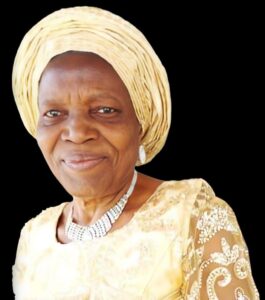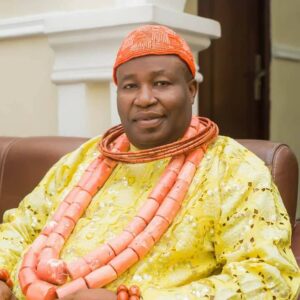PTI: Tension mounts over appointment of principal
By Our correspondent
Tension is mounting in the Petroleum Training Institute, Effurun, Delta State, over the appointment of a substantive principal for the oil training school.
 Already, stakeholders are worried that the vacuum created by the exit of the acting principal of the school, Mr. A. J. Orukele, in April, 2016, has not been filled by the authorities in the Federal Ministry of Petroleum Resources, which supervises the institute, established in 1973 to train middle-level manpower for the nation’s oil industry.
Already, stakeholders are worried that the vacuum created by the exit of the acting principal of the school, Mr. A. J. Orukele, in April, 2016, has not been filled by the authorities in the Federal Ministry of Petroleum Resources, which supervises the institute, established in 1973 to train middle-level manpower for the nation’s oil industry.
Instead, it was gathered that the authorities in the ministry appointed a vice-principal, Mrs. E. Arhagha, to oversee the running of the institution, an aberration in the history of the 46 year-old institute.
It was gathered that the stakeholders, especially the lecturers and students, were furious that Arhagha’s appointment negated extant rules and regulations guiding the running of the pioneer oil training school.
The appointment, it was learnt, was not in conformity with the established tradition of appointing an acting principal to succeed a departing helmsman, among the pool of senior directors of the institute, especially the most senior academic officer in the school.
Findings showed that the senior directors were eliminated in the consideration for the appointment of the vice-principal and in the on-going scheme to appoint a substantive head for the institute.
The stakeholders expressed worries that the on-going interview to pick a substantive principal sought to ban certain categories of officers of the institute from applying for the top job. It was gathered that the latest interview held in Abuja, in which 16 applicants applied for job, was designed to clear the way for a candidate of northern origin, to emerge.
The stakeholders insisted that a better principal would be a person appointed, from the staff of the institute, who truly understands the day-to-day running of the institute and the nitty-gritty of the successful management of the institute.
The fear of the stakeholders was reinforced by the recent appointment of one Mr. A. S. K. Taminu, from the northern axis of the country, as the registrar of the institute.
“It has been found that the new drive for a principal would seek to ban certain category of officers from applying for the job. For whatever it is worth in the reasoning of the powers-that-be, this caveat is not only unjust, unfair, but makes a laughing stock of the entrenched fundamental human rights provision in the Nigerian Constitution and an affront to the cherished wish of any public servant to aspire to the highest level,” said an aggrieved student.
Efforts to elicit comment from the spokesman of the institute, Mr. Brown Ukanefimoni, proved abortive. Ukanefimoni neither picked repeated calls nor reply texts sent to his cell phone.



